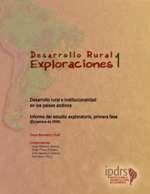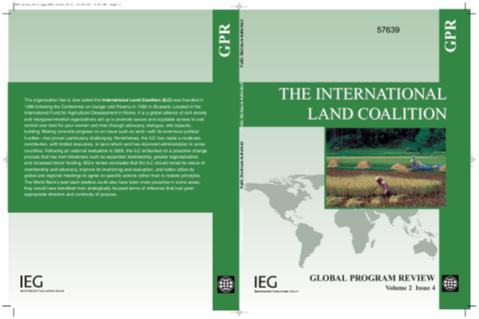Tot elkaar veroordeeld? : het belang van gebiedsprocessen voor de natuur
Met het Investeringsbudget landelijk gebied (ILG) raken het natuurbeleid en de vele gebiedsprocessen in Nederland steeds meer met elkaar verstrengeld. De vraag hier is op welke manier gebiedsprocessen bijdragen aan de uitvoering van het natuurbeleid. Daarbij zijn twee provincies doorgelicht: Zuid-Holland en Overijssel, met bijzonder aandacht voor de Krimpenerwaard (ZH) en Loozensche Linie (Ov).








